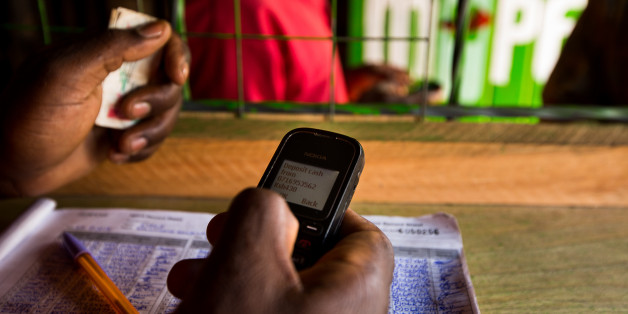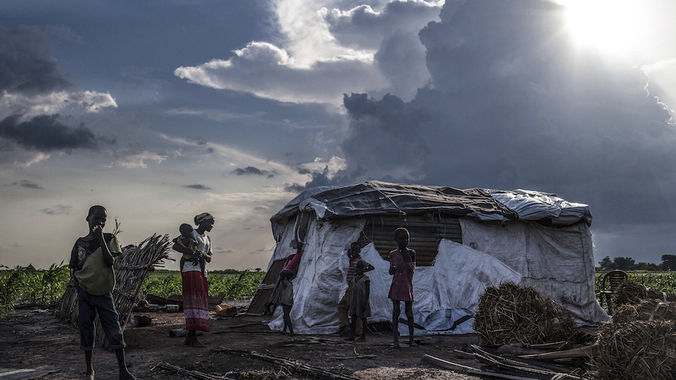
Empty apartment developments stand in the city of Ordos, Inner Mongolia on September 12, 2011. MARK RALSTON/AFP/Getty Images) | MARK RALSTON via Getty Images
huffingtonpost.com - by Robert Hockett - January 8, 2016
World attention has focused in recent months on an acute refugee crisis occasioned by the mass migration to Europe of hundreds of thousands now fleeing the Syrian civil war. Less noticed has been another refugee crisis at least as ominous as that underway in the Middle East and Europe -- the fleeing of money from China.
What's going on, and why is it ominous? . . .
. . . where Chinese money is going -- to U.S. real estate and other asset markets. . . .
. . . First, it is fueling new real estate bubbles in the U.S. . . .
. . . Second, the shift of investment flows from Chinese to American assets is placing downward pressure on Chinese currency values, and will place upward pressure on the dollar -- yet again. This will ultimately worsen America's trade balance with China, harming America's own economic recovery and fueling mutual Chinese-American resentments -- possibly culminating in financially destabilizing competitive currency devaluations, trade war, or both. . . .




 I
I
 socialprogressimperative.org
socialprogressimperative.org submitted by Albert Gomez
submitted by Albert Gomez




Recent Comments